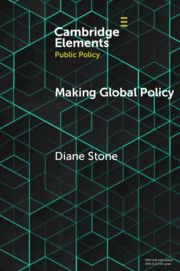The process of globalisation, the global pecking order, and most international development policies are anchored on the concept of economic growth, which is at the same time increasingly questioned on social and ecological grounds. Increases in global output (GDP) are indeed among the main drivers of energy and natural resources overuse, with potentially destructive consequences for the overall ecological balances sustaining life on the planet. As a consequence, a number of post-growth theories and approaches have emerged over the past few years. This article carries out a comparative analysis of three main post-growth schools of thought in order to trace back their origin, evolution, and policy impacts at the global level. It also investigates the main points of tension and synergy to advance the debate on how best to challenge conventional growth-based policies in the international arena.


